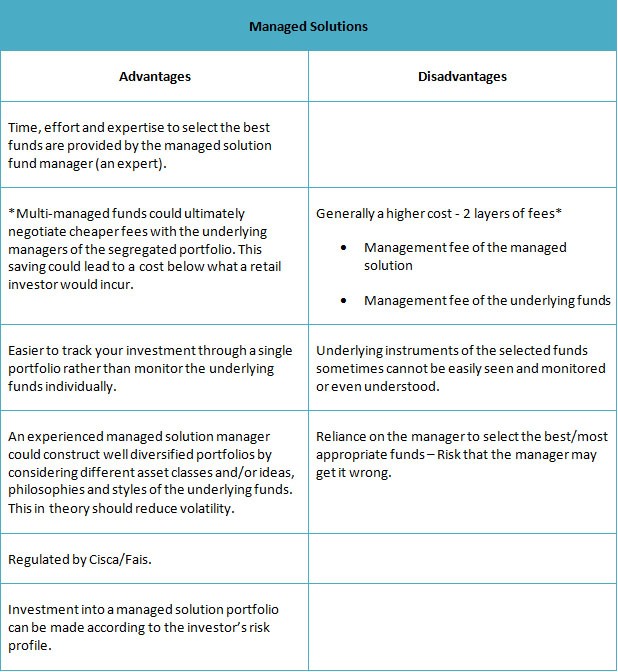Pros and Cons of Investing
Post on: 16 Март, 2015 No Comment

Pros And Cons Of Angel Investing
Viewed: 66075 Times
There are pros and cons in angel investing. yet despite these differences, the advantages seem to considerably outweigh the disadvantages. Some benefits lie in the unique characteristics of angel investors and their added value to a company. They are also geographically dispersed and can provide the amount of needed funding that most startups may require.
Angel investors also tend to seek smaller deals, prefer to invest in risky, early-stage enterprises, and invest in practically all industry sectors. In addition, many desire a small amount of control in their invested firms and tend to avoid follow-on investments.
Some angel investors are truly enthusiastic about the opportunity to invest in a company in order to promote local economic growth, while others may only be concerned with monetary gain. Another disadvantage is that angel investors lack national recognition, which is a quite different approach than that of venture capitalists. It is critical that an entrepreneur be aware of these differences so they can make an educated, informed decision when raising angel capital for their startups.
The advantages of angel investing
1. Can provide the needed capital for a startup
When entrepreneurs have exhausted money from friends and family, personal savings, bank loans, and credit cards for their startups, they may seek angel investors to help them fill their needed equity gap. According to the Center for Venture Research at the University of New Hampshire, nearly 2/3 of funding for new enterprises is obtained from angel investors. Therefore, angel investor capital can provide a great source of funding for new businesses that have a high potential for growth.
2. Ability to raise capital in small amounts
Most early-stage ventures require small amounts of money, typically less than $500,000. Angel investors can provide this needed amount, using their own personal funds for the investment. Venture capitalists, on the other hand, typically pool money from different sources, generally invest in later-stage companies that have already established stability and success, and invest in enterprises in need of at least $500,000 to $1 million.
3. Flexible business agreements
Angel investors have a more informal investment criteria compared to the traditional financial lenders, including banks and venture capitalists. Because they are investing their own money, their business deals can often be negotiable. Because of this flexibility, they are more likely to be excellent sources of capital for early-stage businesses.
4. Can bring forth vast knowledge and experience to a new company














